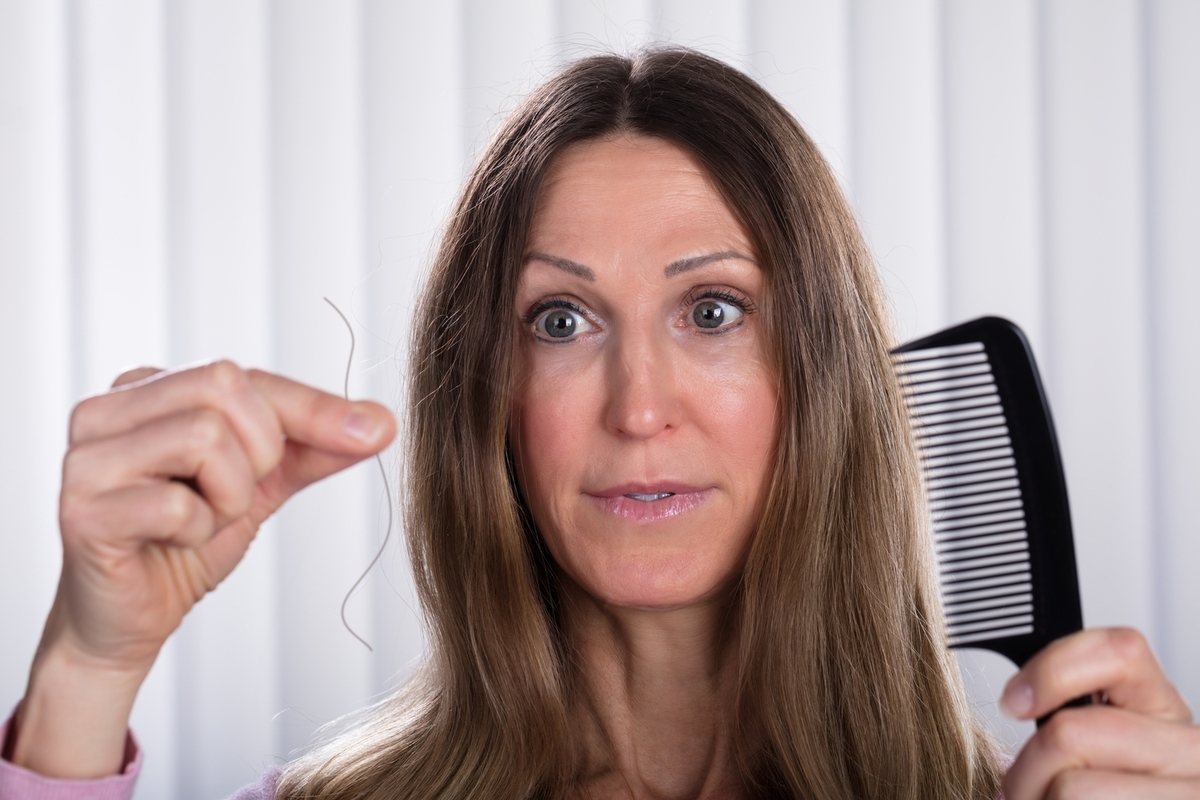Preventing Hair Loss for Women Over 60

Hair loss can be a challenging experience for women over 60, impacting self-esteem and quality of life. While it is a common occurrence due to aging, there are effective strategies to mitigate hair thinning and promote healthier hair. This article explores various factors contributing to hair loss in older women and offers practical solutions to maintain luscious locks well into the golden years.
Understanding Hair Loss in Women Over 60
As women age, hormonal changes, particularly a decrease in estrogen, can affect hair density.
Common Causes of Hair Loss
Hormonal Changes: Menopause significantly reduces estrogen production, impacting hair growth.
Genetics: Family history of hair thinning can predispose women to similar issues.
Nutritional Deficiencies: Lack of essential nutrients like iron, zinc, and vitamins can weaken hair.
Medical Conditions: Conditions such as thyroid disorders, anemia, and autoimmune diseases can contribute to hair loss.
Hairstyling Practices : Frequent use of heat styling tools, tight hairstyles, and chemical treatments can damage hair.
Preventative Measures
1. Balanced Diet
A nutrient-rich diet is essential for hair health. Incorporate foods high in:
Proteins: Eggs, legumes, and lean meats promote hair strength.
Omega-3 Fatty Acids: Sources like salmon and flaxseed can enhance hair growth.
Vitamins and Minerals: Leafy greens, nuts, and fruits provide vital nutrients like iron, zinc, and vitamins A, D, and E.
2. Hydration
Staying hydrated is crucial for overall health, including the scalp and hair. Aim for at least 8 glasses of water a day to ensure your body and hair follicles remain hydrated.
3. Gentle Hair Care
Shampooing and Conditioning: Use mild, sulfate-free shampoos and conditioners suitable for your hair type.
Avoid Heat Styling: Reduce the use of blow dryers, curling irons, and straighteners as they can strip hair of natural moisture.
Gentle Brushing: Use a wide-toothed comb to detangle hair, minimizing breakage.
4. Scalp Care
Healthy hair starts with a healthy scalp. Consider these practices:
Regular Massages: A gentle scalp massage can improve blood circulation, promoting hair growth.
Scalp Treatments : Use essential oils like lavender or rosemary diluted in carrier oils to nourish the scalp.
5. Consult Professional Advice
Consulting a healthcare provider can help identify underlying health issues contributing to hair loss. They may recommend:
Blood Tests: To check for nutritional deficiencies or hormonal imbalances.
Natural Supplements: Consider safe and holistic options that support hair health.
6. Stress Management
Chronic stress can exacerbate hair loss. Engage in activities that reduce stress such as:
Yoga and Meditation: These practices can help maintain hormonal balance and reduce stress-induced hair fall.
Physical Activity: Regular exercise can also improve overall health and mitigate stress.
Hair Loss Myths Debunked
Several misconceptions about hair loss need clarification:
Trimming Hair Makes it Grow Faster: Trimming reduces breakage and split ends but does not affect growth rates.
Brushing Your Hair 100 Times Nightly: Over-brushing can lead to breakage and increased hair loss.
Preventing hair loss in women over 60 involves a multifaceted approach, combining proper nutrition, gentle hair care, and overall wellness. By understanding the causes and incorporating these preventative measures into your daily routine, you can maintain healthy, vibrant hair. Always consult healthcare professionals for personalized advice and treatment options to address specific hair loss concerns.
By adopting these strategies, you can improve the health of your hair even as you age, preserving both your confidence and the beauty of your locks.

